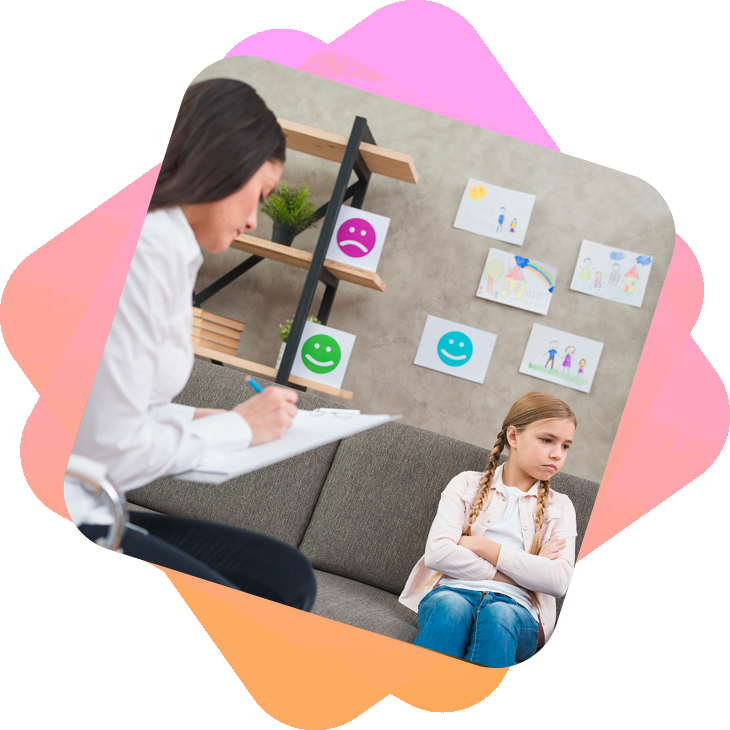Our Services
Behavior Modification
Behavior modification is using positive and negative consequences to shape your child’s behavior. When your child makes a good choice, your child should be rewarded with positive reinforcement and when your child makes a poor choice then they receive a negative consequence to learn from their behavior and help modify it.
In simple terms, behavior modification means changing your child’s behavior using various techniques to get the desired outcome you want, which is a positive behavior. Behavior is observable and measurable (i.e., any action that can be seen or heard).
An effective method of examining behavior is the ABC model:
The ABCs refer to:
- Antecedents (what happened before the behavior)
- Behavior (the identified behavior)
- Consequences (what happened after the behavior)
When Modifying a Behavior, the technique being used is the ABCs
- Select a target behavior you would like to change
- Identify antecedents to this behavior (context, time of day)
- Identify the consequences of the behavior (what follows the behavior).
Consequences can be positive (e.g., reward, attention) or negative (e.g., reprimands, punishment)

